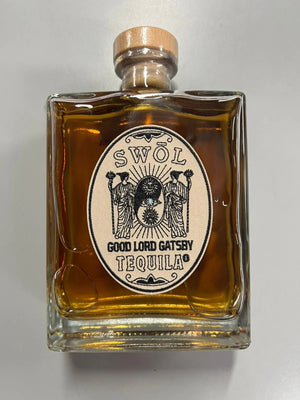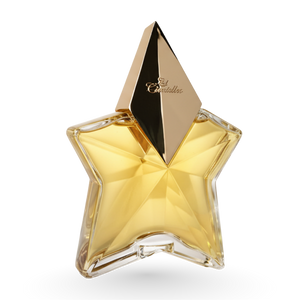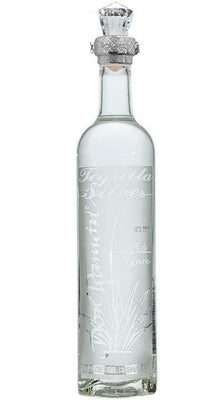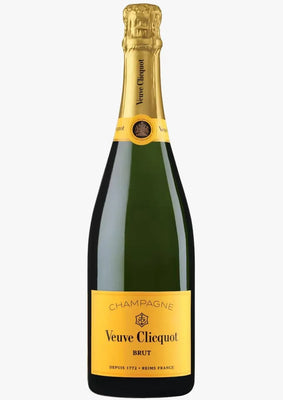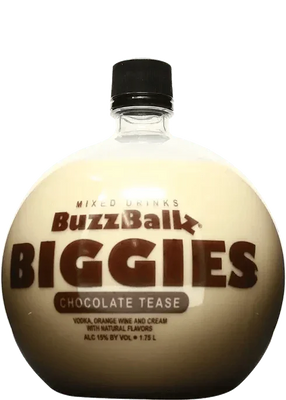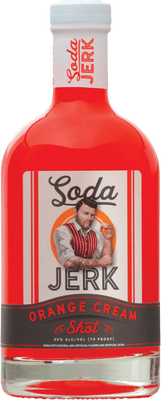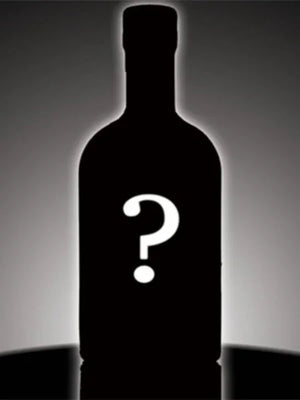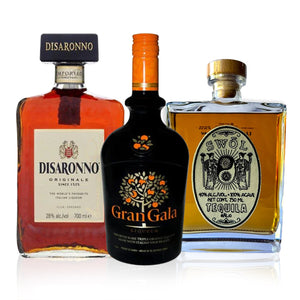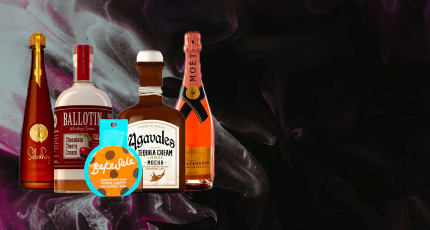The short answer is “No.” Most physicians acknowledge that those who enjoy drinking aren't likely to stop any time soon, but no amount of whiskey is “good” for us. But that's not the most fun, is it? So if we follow the guidelines, and consume in the healthiest manner possible, what are some of the benefits we might reap?
But how much whiskey a day is healthy?
When considering how much whiskey to drink per day, the U.S. Centers for Disease Control offer their infographic. 1.5 ounces of 80 proof alcohol, such as whiskey, constitutes 1 “drink,” and 1 to 2 such drinks/day is the healthiest way to consume alcohol, depending on body weight. While this is the “healthiest” way, the CDC graphic goes on to say that no amount of alcohol is the healthiest option.
What are the health benefits of a whiskey a day?
Is whiskey a blood thinner? Yes. Alcohol acts as a blood thinner by reducing in number and “de-stickying” the platelets in your blood. This thinning may help in reducing the risk of heart disease and some kinds of strokes. However, over-consumption can lead to strokes caused by bleeding in the brain.
And while it may seem that blood thinners would have some positive effects, they don't affect blood pressure at all. Rather, they reduce one's chance of forming a damaging blood clot. So the questions of ‘is whiskey a blood thinner’ and ‘does whiskey raise blood pressure’ don’t have a lot to do with one another.
So is whiskey good for high blood pressure?
A 2017 study suggested that moderate alcohol consumption may have a “protective effect” against cardiovascular disease. The study, prompted in part by the high cost of alcohol-related health concerns in the U.S., sought to understand whether or not alcohol could play a role in improving the nation's health.
Does whiskey raise blood pressure?
Many recent studies show that no amount of alcohol is good for one's heart health. Physicians recommend that if one wishes to drink, no more than 2 drinks a day is healthy. Information from the Mayo Clinic, amongst others, states that 3 or more drinks in one sitting will temporarily increase one's blood pressure, and doing so daily puts one on the cusp of being a “heavy” drinker.
Should I drink whiskey every night then?
If you’re wondering how much whiskey to drink per day, the good news is that any of these negative effects are temporary, as long as one drinks only the recommended amounts. So if you're partial to a shot of your favorite whiskey at night, as a way to relax and end the day, the vast majority of physicians would say you're good to go! But what to drink?
Is there a “healthiest whiskey?”
Food critic David Friedman suggests that to reap the most health benefits from whiskey, one should drink single malts. A single malt contains less wheat or corn, and “more antioxidants and ellagic acid than blended whiskeys.” These chemicals are important in combating bad cholesterol, high blood sugar levels, and some kinds of cancer. But before you settle down for a splash of whiskey and a relaxing evening, are you sure that’s the best time to be drinking your favorite dram?
A shot with Breakfast?
Many experts say the best time to drink whiskey depends on why you're drinking it. But for those who wish to fully appreciate the flavors of the dram they're drinking, between the hours of 10 am and 11 am is considered the best time for truly tasting a whiskey. One's “palate is clean and at its most sensitive” at this time.
So whether before lunch or before bed, a drink or two of whiskey certainly isn’t bad for you. It won’t replace a healthy and balanced lifestyle - but it certainly will make it a little more fun!


